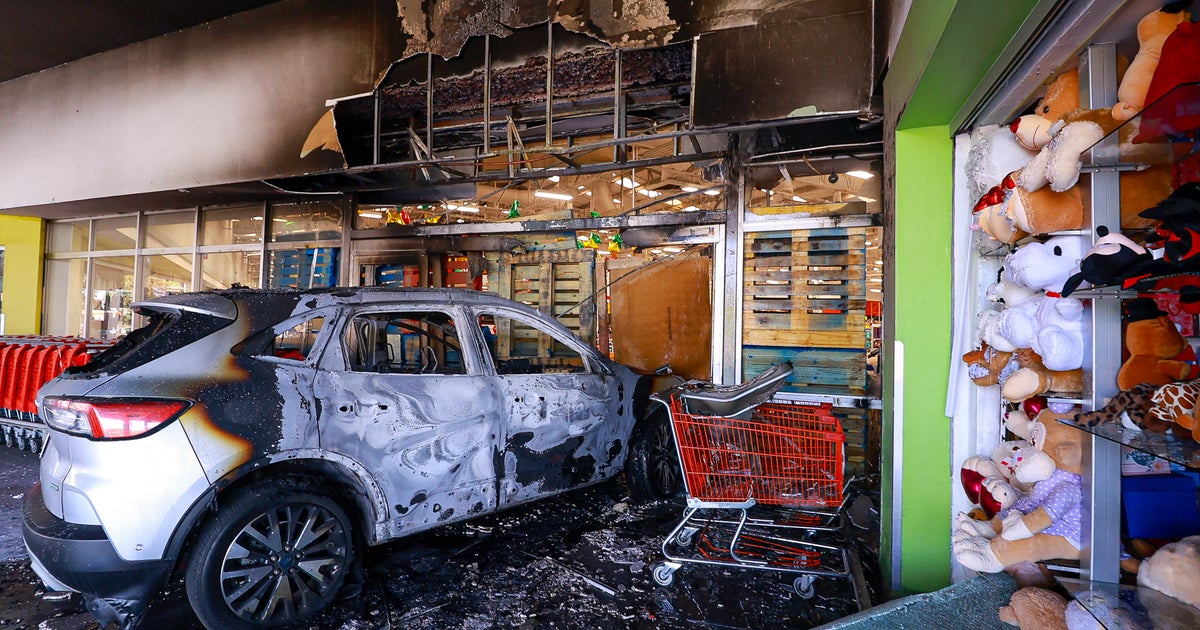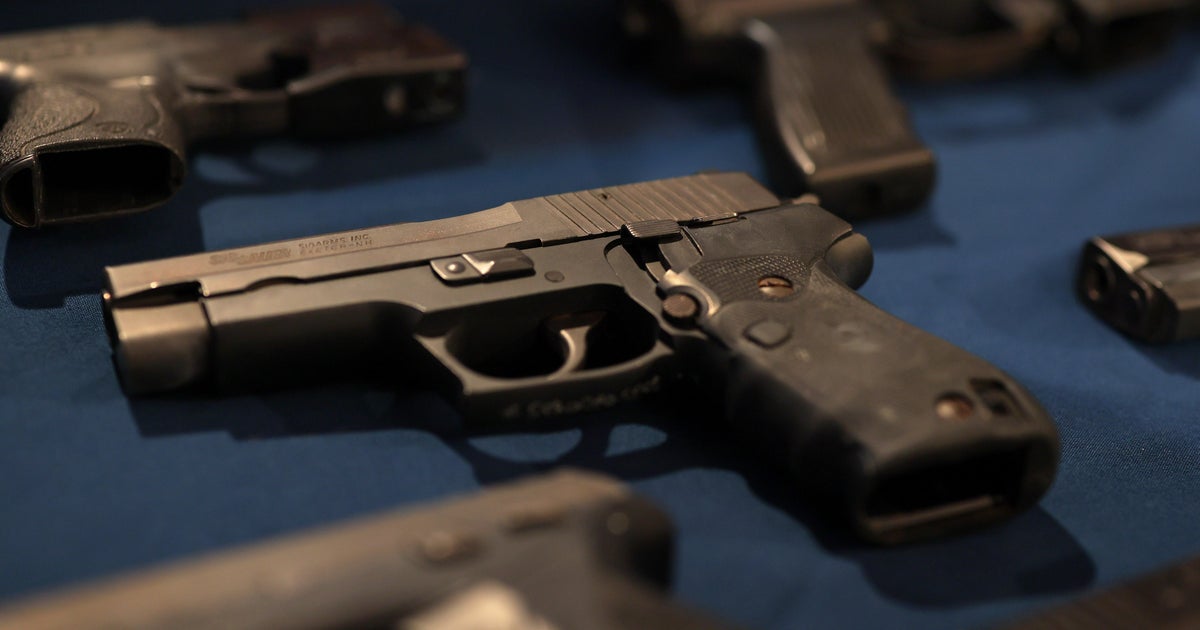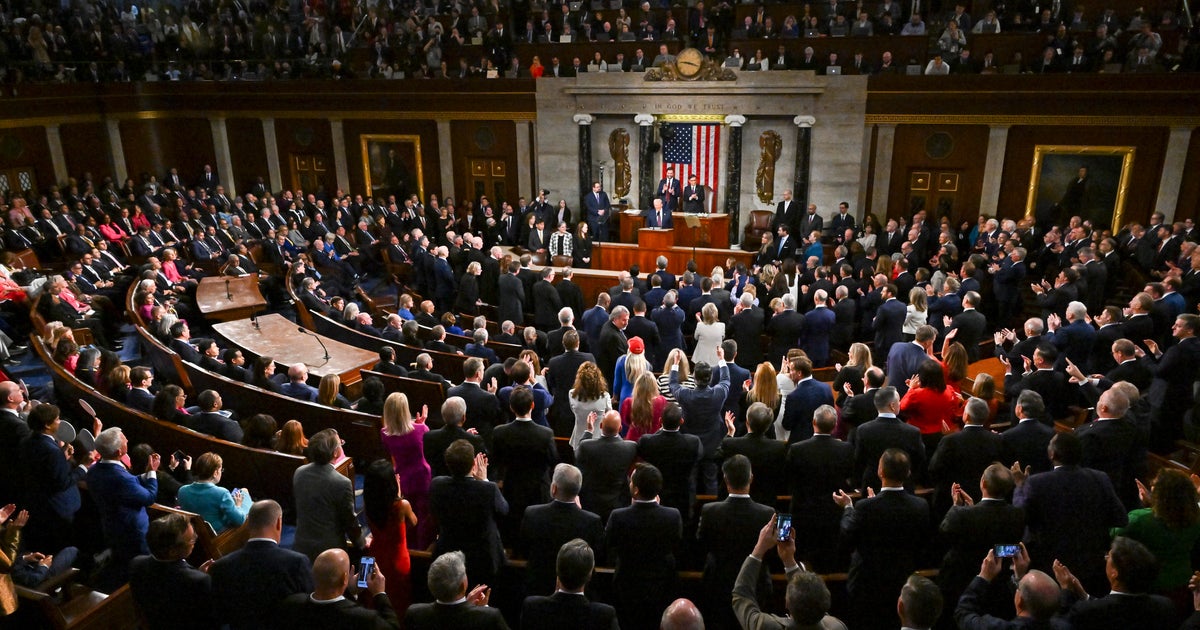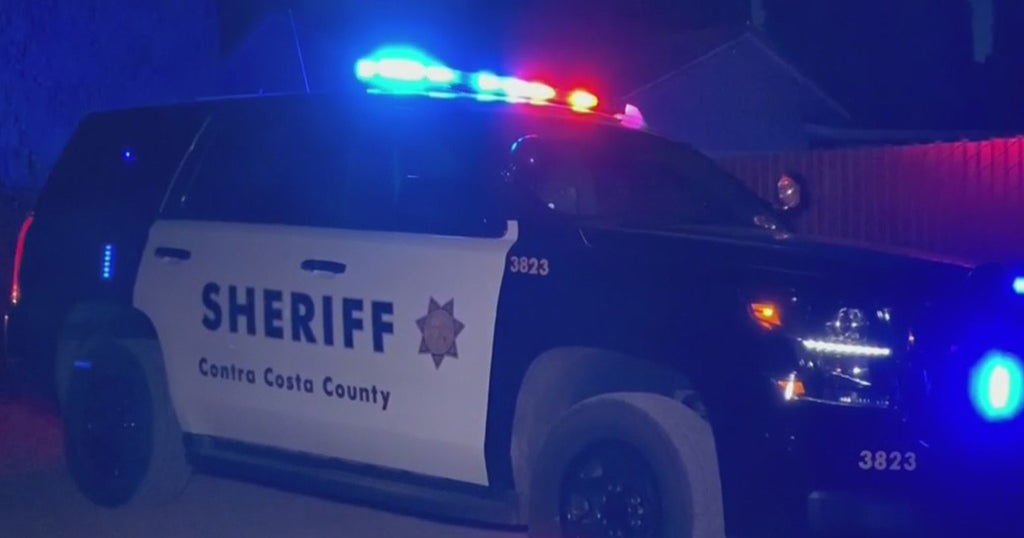Rick Scott wants to take $80 billion from IRS to put toward armed guards at schools
Money earmarked for thousands of new IRS employees would be transferred to a grant program allowing schools nationwide to hire armed law enforcement personnel under legislation outlined Tuesday by U.S. Sen. Rick Scott of Florida.
The School Guardian Act would take about $80 billion that Congress previously approved to expand the tax agency and spend it instead on efforts to deter and respond to school shootings such as the 2018 massacre in Parkland, Florida in which 17 people were killed. Parents of those victims said they support Scott's bill.
"If we can't prevent them, then we know having an armed response on campus is the fastest way to stop these attacks," said Ryan Petty, a state Board of Education member whose 14-year-old daughter, Alaina, died in the Marjory Stoneman Douglas High School shooting. "This bill is incredibly important."
The measure is modeled after legislation then-governor Scott signed into law in Florida after the Parkland shooting that created the Coach Aaron Feis Guardian Program, named after one of the adult victims. Currently, 46 of Florida's 67 counties participate in that program while others work with local law enforcement agencies to provide security, according to the state Department of Education.
Scott, a Republican, first discussed the new measure after the March 27 shooting at an elementary school in Nashville, Tennessee that claimed six lives, including three 9-year-old children.
"It's too bad we have to think about this, but we do," Scott said at a news conference in Naples, Florida. "The truth is, every school is going to need law enforcement. Every kid ought to be protected."
With U.S. mass shootings on a record pace so far in 2023, there have been new calls among some federal and state-level lawmakers for more armed personnel in schools.
Separately on Tuesday, a measure was passed overwhelmingly by the Texas House that would let schools in the state offer stipends of up to $25,000 to staff members who add the role of armed campus "sentinels" to their regular duties.
The legislation, authored by Republican state Rep. Ken King, now goes to the state Senate, where its prospects are uncertain.
It was proposed in response to the Uvalde classroom attack last year and got the House green light just a few days after the anniversary of the Robb Elementary School shooting in Uvalde, where a gunman killed 19 children and two teachers. Some of the families have spent months pleading for tougher gun laws - in particular one that would raise the age to purchase semi-automatic rifles - but GOP leaders have made clear they do not support new restrictions.
Texas already lets teachers carry guns under a voluntary program that requires firearm lessons but has drawn relatively few takers
Republicans in Congress have harshly criticized the sharp increase in IRS funding that was part of President Biden's Inflation Reduction Act. The GOP-led House, in fact, made elimination of the IRS money one of its first votes after winning a slim majority in the 2020 midterm elections.
Republicans have argued the IRS money would install thousands more agents to unfairly target Americans over taxes, which Democrats say is highly misleading and not the main purpose of the funding. In any event, the Democratic-led Senate is not planning to take up that measure — and it's not clear whether Scott's bill would gain any traction, either.
The legislation would set up a block grant program through the Justice Department that would potentially fund an armed law enforcement officer at every K-12 school in the U.S., public and private. There are more than 98,000 public schools in those grades and over 30,000 private schools, according to the U.S. Education Department.
The grants would flow through state-level law enforcement agencies and unused money would be returned each year to the federal government, according to a summary of Scott's bill.
"No family should have to go through the indescribable heartbreak of having their child or spouse murdered at school," said Tony Montalto, whose 14-year-old daughter Gina died in the Parkland shooting. "It is essential that parents feel comfortable sending kids to school every day."







